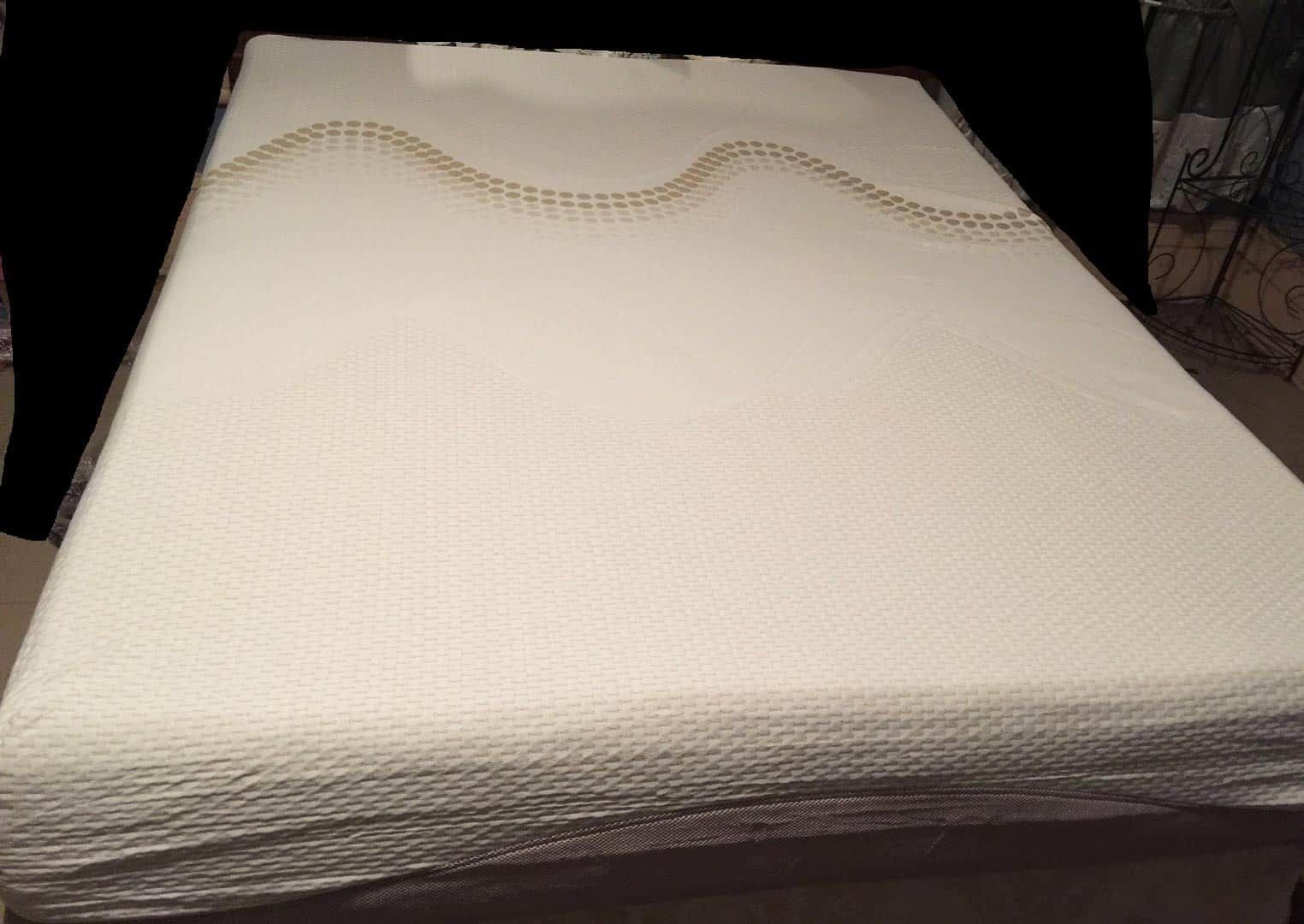Do you often wake up with back pain or feeling less rested than you would if you’d slept on the couch? Well, your problem may very well be your mattress. Ask yourself this; how old is your bed? If it’s older than eight years, then you should consider shopping for a new one.
But if your mattress is fairly new, then the issue may be in the quality of it. A super hard bed could potentially cause problem if your body is meant for a plusher consistency. So what are your options? Have you given any thought to a memory foam mattress? They have lots to offer in the way of proper back support.
The real important question is, are memory foam mattresses safe for sleeping? The short answer is yes, but let’s take a look at some of the concerns.
You might be interested in: Memory Foam vs. Orthopedic Mattress
The Skinny On Memory Foam
So what’s the deal with them, anyway? When they first came on the market, everyone praised them for their ability to provide a better night’s sleep. But nowadays, there are ideas floating around that they could be dangers. Why?
What Are The Key Dangers People Are Talking About?
1) They’re Full of Chemicals
In almost all memory foam materials such as beds, pillows, and toppers, contain substances that would otherwise be considered dangers. Things like formaldehyde and methylene.
2) They Give Off Horrible Emissions
Most of the chemicals used in the material are considered VOCs. This stands for Volatile Organic Compounds. These substances break down fairly easy in room temperature and are then dispersed throughout the air we breath.
3) They Irritate the Skin
Obviously, the direct contact our skin would have against these chemicals during the night would have an effect on our skin, right? Especially those who already have predetermined skin allergies beforehand.
So, Why Use Chemicals At All?
There are a few reasons why the memory foam manufacturers use certain substances in their products and it’s all with one goal in mind; to produce a material that retains its original form and provides support to the body. Here are the factors are broken down.
1) Flame Retardant
Almost all memory foam is created with a flame retardant coating to prevent the cause or spread of fires.
2) Memory Retention
The one thing that makes a memory foam bed, well, just that, is its ability for memory retention. This is when you lay on it all night long, feeling it conform to your body and supporting the right areas, and then the bed assuming its original form after you remove yourself. No worn out springs or lumpy beds here!
3) Heat Activation
These types of beds actually work with the heat of your body to provide an even better sleeping experience. Activated by your body heat, it targets those areas to even out and make you more comfortable.
How To Choose A Memory Foam Bed That’s Right For You
So, with all of this in mind, just remember that companies like these are always listening to their consumers and constantly bettering their products. They’d have to in order to stay in business. So, over time, these beds have improved and upgraded to cut down and even eliminate some of these harmful chemicals. Here’s what to look for when choosing a mattress for yourself.
1) Look for beds that are made from plant-based materials like this AmeriSleep Mattress. These produce far less VOCs than that of one made from petroleum.
2) Find out if the material is made with MDI or TDI. MDI is much safer than the latter.
3) Learn where it was made. In the US and UK, there are stricter rules and regulations in regards to the use of chemicals in products.
Made in USA
Made in UK
4) If you can’t find a memory foam mattress to your liking then consider a hybrid product using latex. They compare well on a lot of levels but sometimes offer more in the way of reduced chemicals and emissions.
So remember, if you’re concerned about the dangers of these beds, think of the following:
-plant based materials are better
-find out where it’s made. US and UK are better
-Consider hybrid latex options with fewer chemicals.
Conclusion
Overall, the answer is yes. Memory foam mattresses are safe to sleep on…if you choose one wisely. Do your research, don’t be afraid to call the manufacturer and ask for clarification. Like any new product, when these came onto the scene, companies didn’t expect there to be such an issue with consumers and chemicals.
But it’s clear that they listen because there are tons of great alternatives and new memory foam products that are much better for you. Personally, I like AmeriSleep. It hits all the right points when looking for a safer bet and it’s got great customer reviews.
If you have any questions or concerns or would like to share your favorite memory foam mattress, feel free to comment below!




